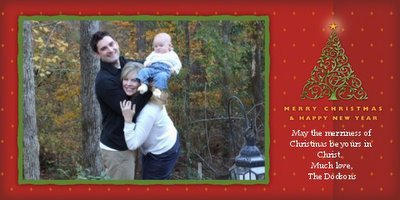It appears that N. T. Wright is closing in on the doctrine of creation in his newly released, Paul: A Fresh Perspective. Although this book is mainly a reworking of previous material, primarily contained in Climax of the Covenant, it is interesting to note Wright’s emphasis on the story of creation in Paul. He devotes and entire chapter to “Creation and Covenant” in Paul underscoring the fact that covenant was God’s solution to what went wrong with creation and that creation is essential in solving the problem that went wrong with covenant. In typical Wright style, he aptly summarizes sweeping thelogical themes and concepts without much exegesis. However, that work is to be found in Climax.
Returning to Climax of the Covenant, we observe that the death and resurrection of Christ is, indeed the climax to the covenant with Abraham, Israel and the Church. However, Wright’s emphasis on creation in Paul would lend the reader to conclude that the climax is not the resurrection, but the return and consummation of creation- into new creation. Consider the following quote: “…I believe this to be a vital underlying principle in all of Paul’s thought- on the belief that the one true God is the creator, the ruler and coming judge of the whole world. Monotheism of the Jewish style, which Paul re-emphasizes as he refashions it, generates just this sense of the underlying narrative, the historical and as yet unfinished story fo creation and covenant, to which the individual stories such as those of Abraham and the Exodus contribute…” p.12 Where the stories of Abraham and the Exodus form part of the metanarrative of Scripture and drive the plot forward to its climax, isn’t it creation itself that is central to the covenantal climax in the creation of all things new by the returning, consummating King?

